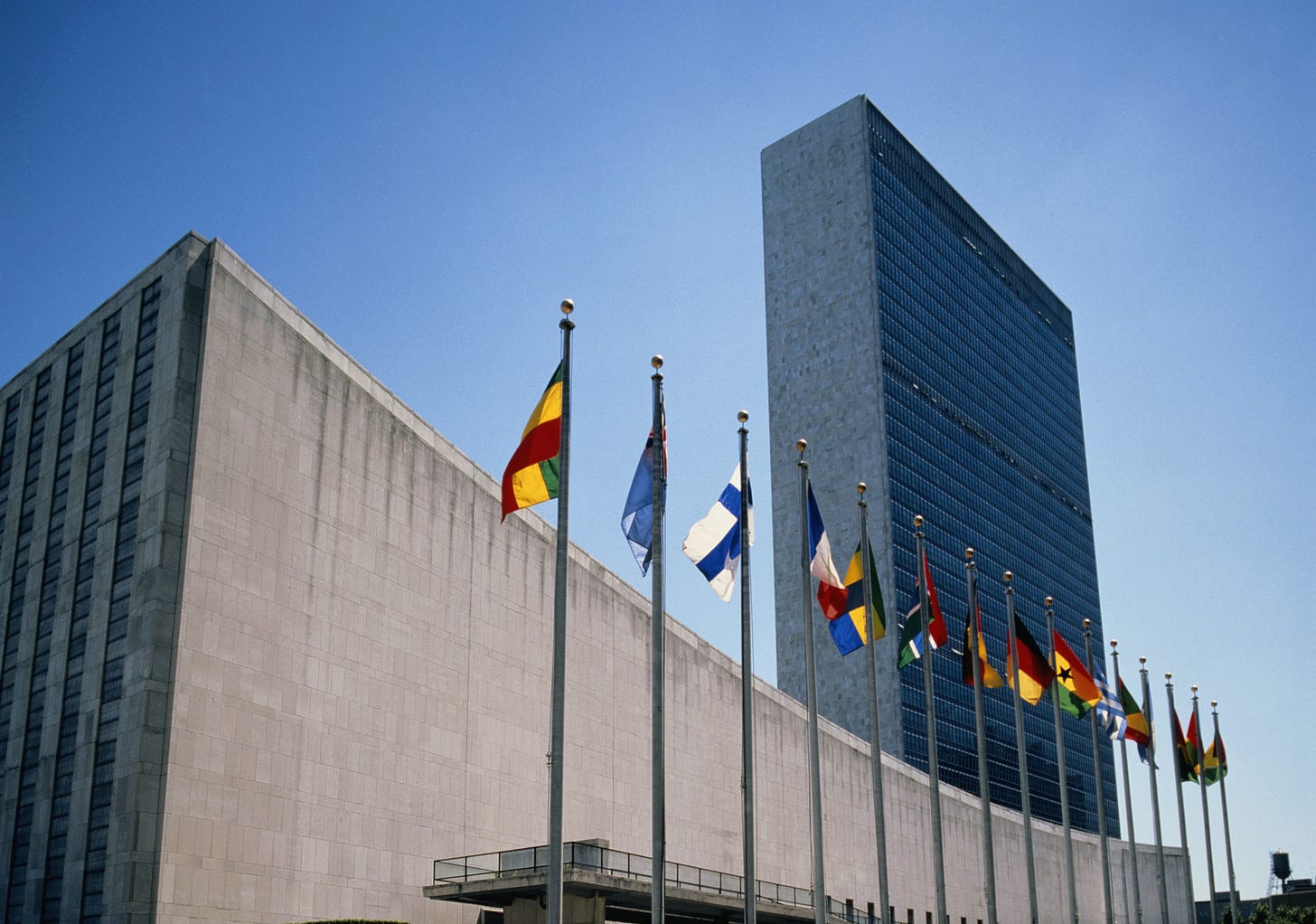United Nations says evictions of disenrolled tribal citizens must stop
The ramifications of sovereign tribal nations disenrolling their citizens is becoming a hot human and civil rights issue on the world stage.
United Nations officials are making clear that they stand firmly against what they view as human rights abuses toward Indigenous citizens who have been disenrolled by sovereign U.S. tribal nations.
In other words, the human and civil rights of individual Indigenous citizens trump tribal sovereignty, …
Keep reading with a 7-day free trial
Subscribe to Indigenous Wire to keep reading this post and get 7 days of free access to the full post archives.


